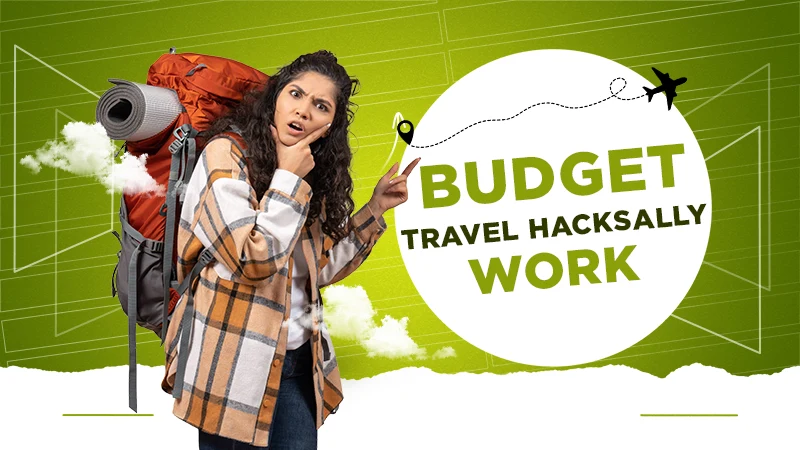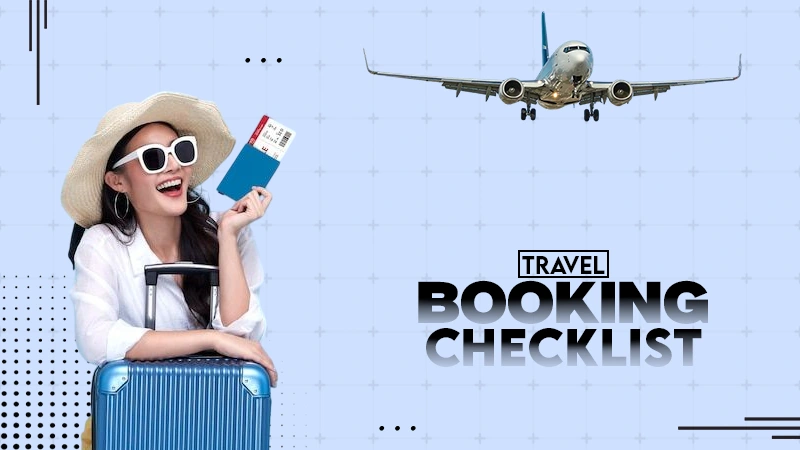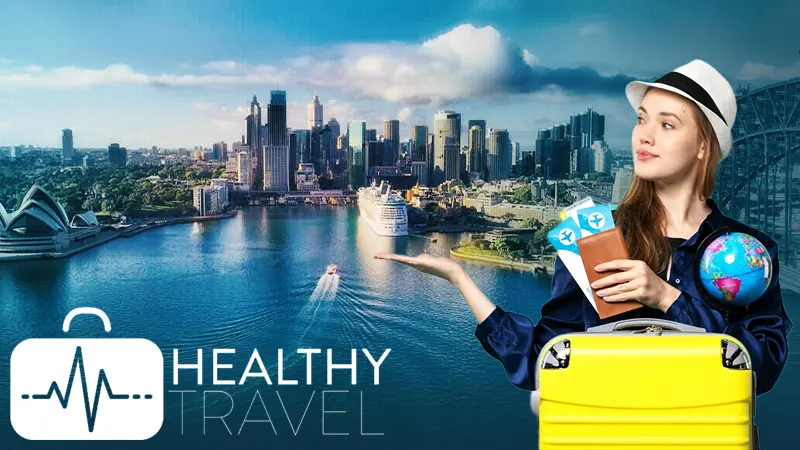
Key Takeaways
- Make sure that with enjoyment, your trip is safe and healthy.
- Have travel insurance that covers medical expenses and unexpected emergencies.
- Thoroughly research the areas you are planning to visit beforehand to understand their local laws and cultural norms.
- Adhere to safety guidelines and obey rules if you are thinking of taking a dip in the ocean or freshwater.
- Always wear sunscreen and have an insect repellent by your side.
Embarking on a journey to Australia is a truly exciting and enriching experience – no doubt about that. From its stunning landscapes to its vibrant cities, the Land Down Under has so, so much to offer travelers.
But, to ensure your trip is not only enjoyable but also safe and healthy, it’s important to be well enough prepared and informed.
We tailored a few vital tips for you to consider, before and during your visit to Australia.
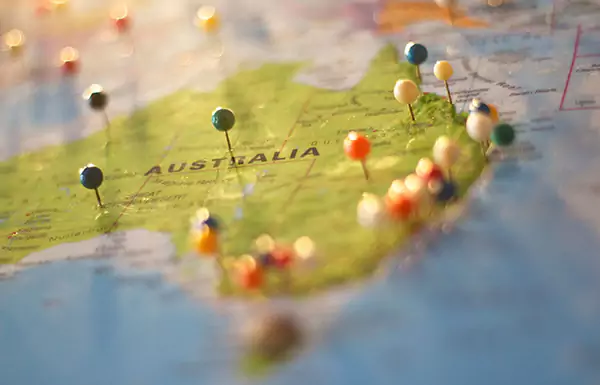
Health Preparations Before Setting Off
Obviously, before leaving for Australia, make sure that you have gotten yourself comprehensive travel insurance that covers medical expenses, trip cancellations, and unexpected emergencies. If you’ve never had to use one before – great!
That’s the goal. But please, please be on the safe side. Not only is this a significant step to protect yourself financially in case of unforeseen situations, but you’ll also know that you’re in safe hands. This goes hand in hand with vaccinations. Check with your GP about recommended shots or top-ups before traveling.
Depending on your travel plans and medical history, you may need vaccinations to protect against diseases like measles, mumps, rubella, and more. If you’re on prescription medications, ensure you have an adequate supply for your entire trip – ideally even a bit extra. Carry a copy of your prescription and a note from your doctor explaining your medical condition and the meditation you’re taking, as well.
And – of course – get yourself an Australia eVisitor 561 visa, AuVisa.org can do that for you online. Moreover, make sure your passport is at least valid for six more months after your planned date of coming back home. If it’s not, get yourself a new one in good time – otherwise, you won’t be able to even enter the country.
Do You Know?
International visitor tourism spending is expected to surpass the pre-pandemic level in 2024 before rising to the Australian Dollar 48.8 billion by 2027 according to Tourism Research Australia.
General Safety Tips
The best tip we can give is to always stay informed. Research the areas you plan to visit beforehand, both urban and rural, to understand any safety concerns, local laws, and cultural norms. Keep yourself updated on travel advisories from your government, as well.
True prevention is not wanting bad things to happen, it’s preventing things from happening in the first place. Save emergency contact numbers in your phone (which you should do anyway!) and include the local emergency services number (which is 000 in Australia), the nearest embassy or consulate, as well as your own country’s consulate.
Ideally, you should get yourself a local SIM card or a reliable international roaming plan to stay connected.
Have enough ways to charge your phone, too. Oh, and familiarize yourself with Australian laws and customs! Driving regulations, alcohol consumption laws, and regulations regarding wildlife interactions can differ starkly from what you’re used to.
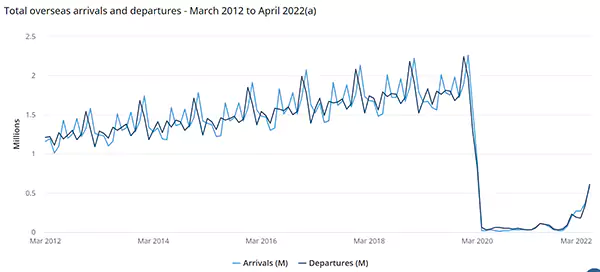
Nature and Wildlife Interaction
Speaking of nature: Australia is, as we all know, home to unique and diverse (and, who are we kidding, intimidating) wildlife. Always observe animals from a safe distance and avoid feeding them. Many native species can be dangerous if provoked.
From the most poisonous snake inland Taipan to the happiest animal in the world, Quokkas can be found in the country.
If you plan to swim in the ocean or in freshwater bodies, adhere to safety guidelines and obey warning signs – they are there for a good reason. Strong currents, riptides, and marine life are potential risks to be aware of. Never underestimate any of those.
Now, if you’re exploring natural areas, inform others about your plans and your expected return time. Be prepared with appropriate clothing, maps, and supplies for your adventure.
Do You Know?
Australia is home to more than 80% of plants, mammals, reptiles, and frogs that are unique to the country and are not found anywhere in the world.
Health and Well-being During Your Trip
Australia is known for its strong sun, so always wear sunscreen (make sure to use sunscreen that is reef-safe!), sunglasses, and a hat to protect yourself from harmful UV rays. And, as always, stay hydrated with bottled or filtered water.
In some regions, insects like mosquitoes can carry diseases, so have and use insect repellent, as well as wearing long-sleeved clothing and pants, especially during dawn and dusk.
Safe travels!


